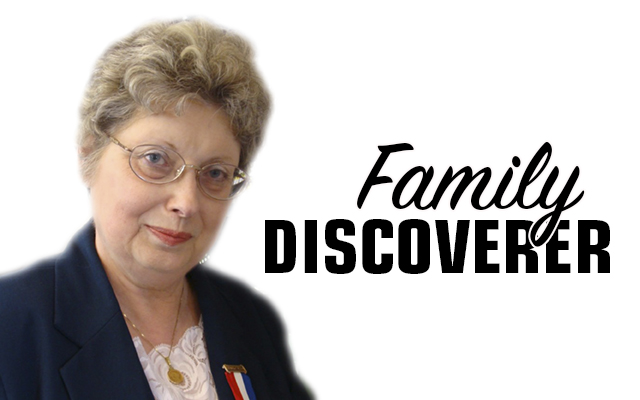If you’re stuck in your research, you might want to consider writing a query. For those who might not know, a query is a request for information about an ancestor. Queries can be found on websites, blogs, journals, social media pages, genealogical newsletters, conference programs or query boards, lineage society publications, and other genealogically related communications.
Some groups publish queries for free; others charge by the word or a flat fee. Usually, you’ll be limited to a certain number of words.
Queries are a great way to inquire for information about an ancestor and to contact other researchers. Obviously, you’ll want to place your query where it will be most likely to reach a genealogist who may hold the answer you seek or who might be able to advise you where to search. If your ancestor moved from New England to Ohio, for example, you should probably focus your attention on Ohio-based genealogical organizations.
Queries are by their nature brief, so this isn’t the time to begin by listing your entire family tree from Adam. You want to focus on what you are looking for and use abbreviations whenever possible. Some sites will have a list of shortened terms to use, but if not, abbreviate birth to b., death to d., bp for baptism, m. for marriage, and ch for child or children. Supposedly can be sp, and about, abt.
When you write a query, keep it simple. For example, seeking parents of Mary Eliza Stanwood, m. John Elias Wilson, Hampden, ME, 7/23/1779. In this case you’re asking for a woman who was resident in Hampden at the time of her marriage but whose parents are unknown.
You might also be searching for a death and burial information not recorded in town records. Seeking d. and bur. of William J. Woodworth, res. Kittery, ME, 8/12/1832, wife Susan, ch James. In this case you’ve listed your missing ancestor, his last known residence, his wife’s given name, and the name of one known child.
These sample queries contain little fat. Normally queries don’t allow much wiggle room for things such as family tradition, such as they might have moved to California in 1850. If you have a tradition such as that, you might consider queries in California sites or publications, though often family stories are just that — stories.
A final tip for queries: be sure you give good contact information. Remember, your query may be read months or even years after you post it, so be certain that you haven’t switched e-mail addresses or cell phone numbers. Many people do this on a regular basis, and anyone with information will be stymied when they try to reach you. Use contact information that will hold for some time, such as a physical address or post office box.
You may also get queries yourself in response to your query. Other family researchers may contact you looking for information. Be a good genealogist and help them when you can. Contacts are never a bad thing.
Columnist Nancy Battick of Dover-Foxcroft has researched genealogy for over 30 years. She is past president of the Maine Genealogical Society, author of several genealogical articles and co-transcribed the Vital Records of Dover-Foxcroft. Nancy holds an MA in History from UM and lives in DF with her husband, Jack, another avid genealogist. Reader emails are welcome at nbattick@roadrunner.com.








